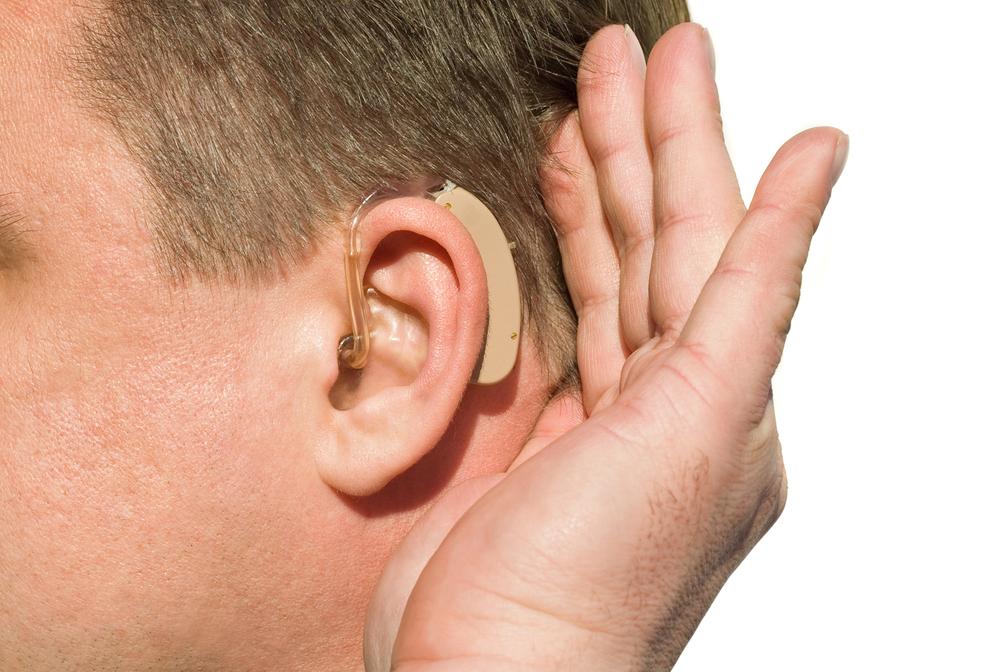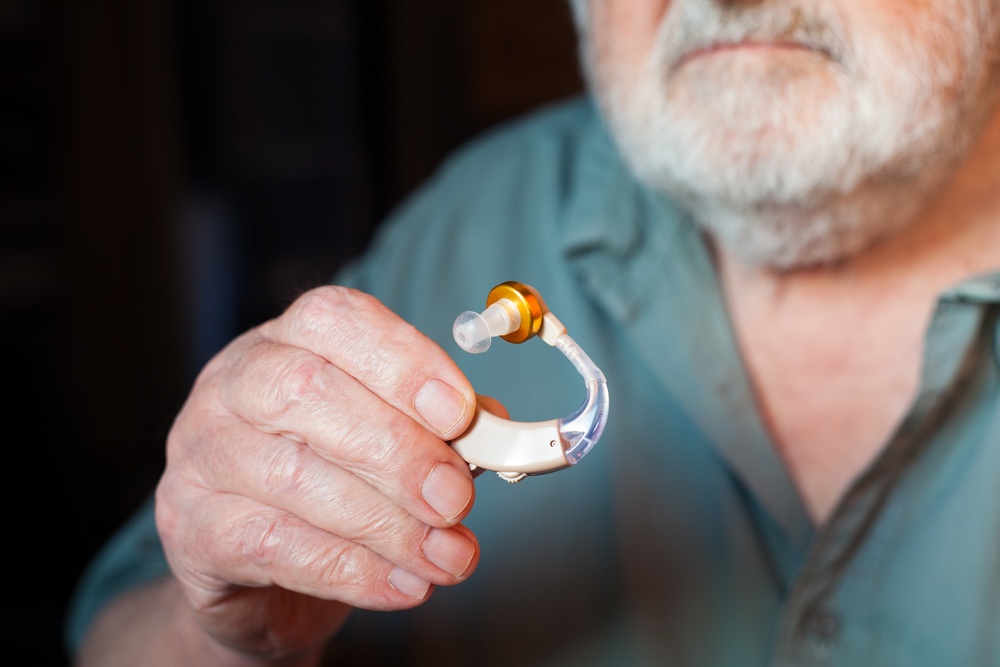Comprehensive Guide to Choosing the Best Hearing Aid for Your Needs
Discover an in-depth guide to selecting the perfect hearing aid tailored to your hearing loss and lifestyle needs. Learn about different styles, technological features, and expert tips to improve your hearing health and quality of life. This comprehensive overview covers everything from early diagnosis to modern device options, ensuring you make an informed decision for better hearing and communication. Find out how personalized choices and latest innovations can transform your auditory experience and boost confidence daily.

How to Select the Most Suitable Hearing Aid for Your Lifestyle and Hearing Loss
Hearing difficulties can profoundly impact daily routines, communication, and overall quality of life. Fortunately, with advances in hearing health technology, there are numerous options available to help you regain clarity and confidence in your hearing. The key is selecting a hearing aid that not only addresses your specific hearing loss but also aligns with your personal preferences and lifestyle needs. In this guide, we delve into the essentials of choosing the right hearing device, highlighting key factors to consider and the latest innovations in hearing aid technology.
If you notice symptoms such as diminished hearing ability, ear discomfort, unusual discharge, bleeding, persistent ringing (tinnitus), or dizziness, it is vital to seek consultation from an ENT specialist or licensed audiologist promptly. Early diagnosis improves treatment outcomes and helps preserve your remaining hearing capacity.
Accurate assessment by a healthcare professional is the first step toward effective hearing management. Once diagnosed, remain calm and discuss extensively with your healthcare provider to understand the root cause of your hearing difficulties. This step is crucial because it guides the subsequent choice of hearing aids and related treatments. Learning about your hearing condition empowers you to make informed decisions about your health and device options.
Depending on the extent and nature of your hearing loss, your healthcare provider will recommend specific types of hearing aids. For example, individuals with mild to moderate hearing loss may opt for smaller, more discreet devices, while those with profound loss may require more powerful solutions. Advances in hearing technology have led to a broad spectrum of styles that cater to diverse needs.
There are several styles of hearing aids classified based on size, technological features, and how they fit within or behind the ear. The most common types include behind-the-ear (BTE), receiver-in-the-canal (RIC), in-the-ear (ITE), and completely-in-the-canal (CIC). Each type offers distinct advantages in terms of visibility, comfort, and functionality.
Personal preferences—such as comfort, aesthetics, ease of use, and the desired level of discretion—play significant roles in selecting the appropriate device. For instance, individuals who prioritize concealment might prefer CIC or ITE models due to their discreet design, whereas those who need more powerful amplification might opt for BTE models.
Technology in hearing aids is continuously evolving, bringing innovative features that improve user experience. Modern devices often include Bluetooth connectivity, noise reduction, directional microphones, and rechargeable batteries, among other features. These enhancements not only improve sound quality but also simplify usage and integration with smartphones or other smart devices.
When choosing a hearing aid, consider your lifestyle. For instance, active users who often participate in social activities may benefit from devices with enhanced noise filtering and seamless connectivity. Conversely, individuals with limited dexterity might prioritize models with easy-to-handle controls or automatic adjustments.
Budget considerations are also important. While high-end hearing aids come with advanced features, there are reliable options across different price ranges. Consulting with your audiologist will help identify suitable models that balance cost with functionality.
In summary, selecting the right hearing aid involves understanding your specific hearing loss, personal preferences, lifestyle, and technological requirements. Regular follow-up with your healthcare provider ensures proper fitting, adjustment, and ongoing support, maximizing your hearing aid’s benefits and improving your overall quality of life.
Remember, effective hearing health starts with early diagnosis and choosing a device tailored to your unique needs. Embrace technological innovations to enhance your hearing experience, confidence, and everyday interactions.





